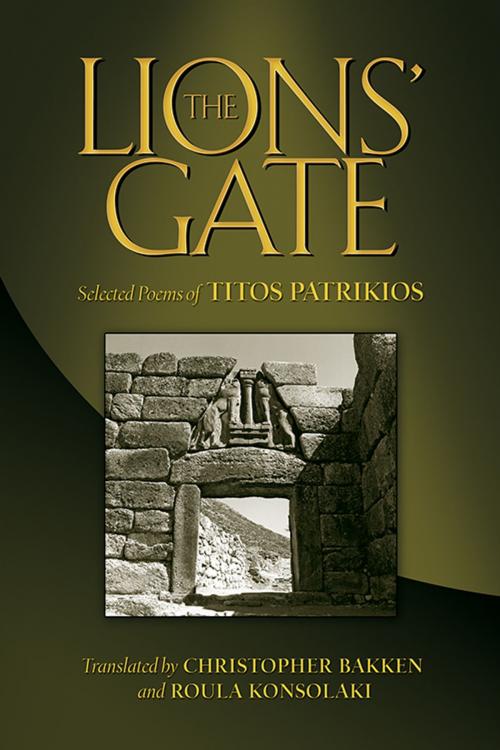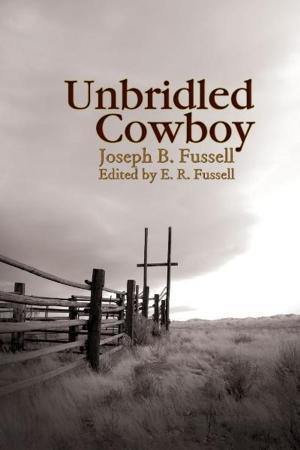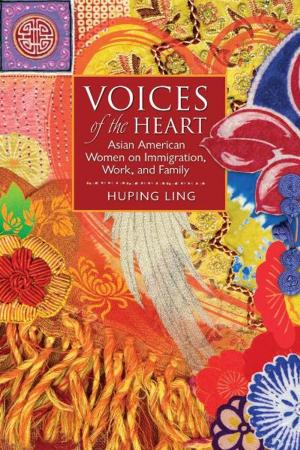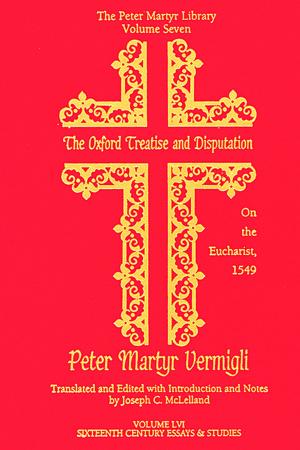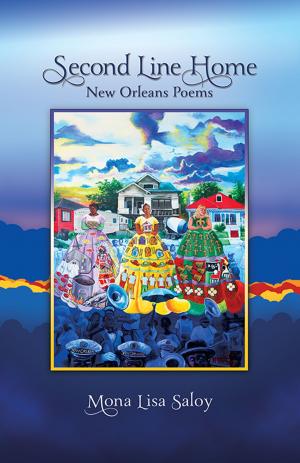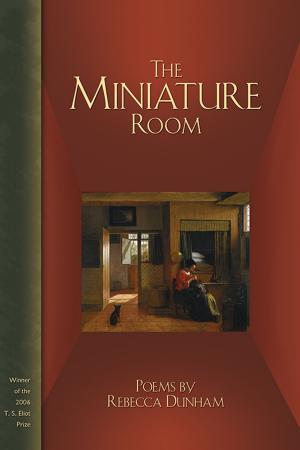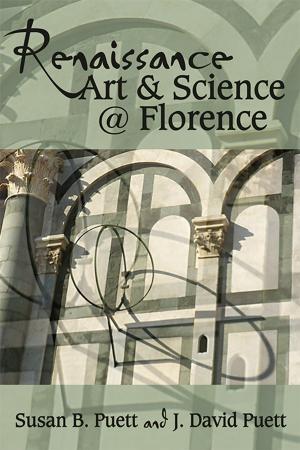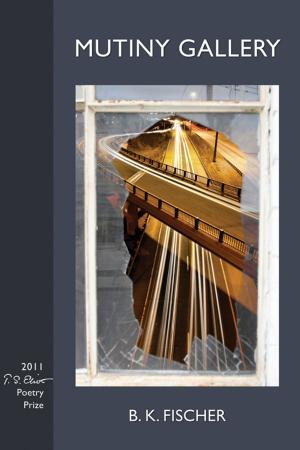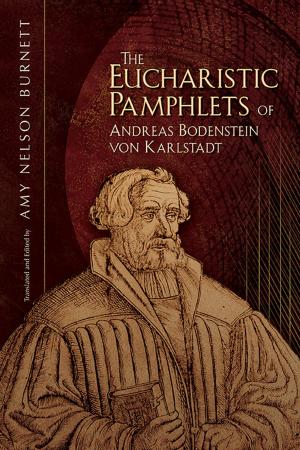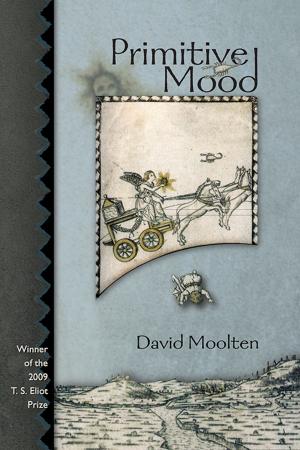| Author: | Titos Patrikios | ISBN: | 9781612480336 |
| Publisher: | Truman State University Press | Publication: | December 1, 2006 |
| Imprint: | Language: | English |
| Author: | Titos Patrikios |
| ISBN: | 9781612480336 |
| Publisher: | Truman State University Press |
| Publication: | December 1, 2006 |
| Imprint: | |
| Language: | English |
The Lions' Gate introduces English readers to a crucial voice in world poetry. Titos Patrikios is a poet of witness and engagement. A member of the intellectual left in post-war Greece, he survived imprisonment, hard labor, censorship, and exile. He narrowly escaped death by firing squad, and once had to bury his poems to keep them from discovery by the authorities. Patrikios endured years away from his home country, Greece, and was displaced from his family and literary community. His style bears the marks of that pressure and of his persistent need to pursue what might suffice in spite of such predicaments. At times reminiscent of Hikmet, Neruda, and Milosz, Patrikios's poems sound a note of defiant celebration. This poet's ethos is utterly humanistic and his impulses are toward praise as often as they are toward protest.
The Lions' Gate introduces English readers to a crucial voice in world poetry. Titos Patrikios is a poet of witness and engagement. A member of the intellectual left in post-war Greece, he survived imprisonment, hard labor, censorship, and exile. He narrowly escaped death by firing squad, and once had to bury his poems to keep them from discovery by the authorities. Patrikios endured years away from his home country, Greece, and was displaced from his family and literary community. His style bears the marks of that pressure and of his persistent need to pursue what might suffice in spite of such predicaments. At times reminiscent of Hikmet, Neruda, and Milosz, Patrikios's poems sound a note of defiant celebration. This poet's ethos is utterly humanistic and his impulses are toward praise as often as they are toward protest.
